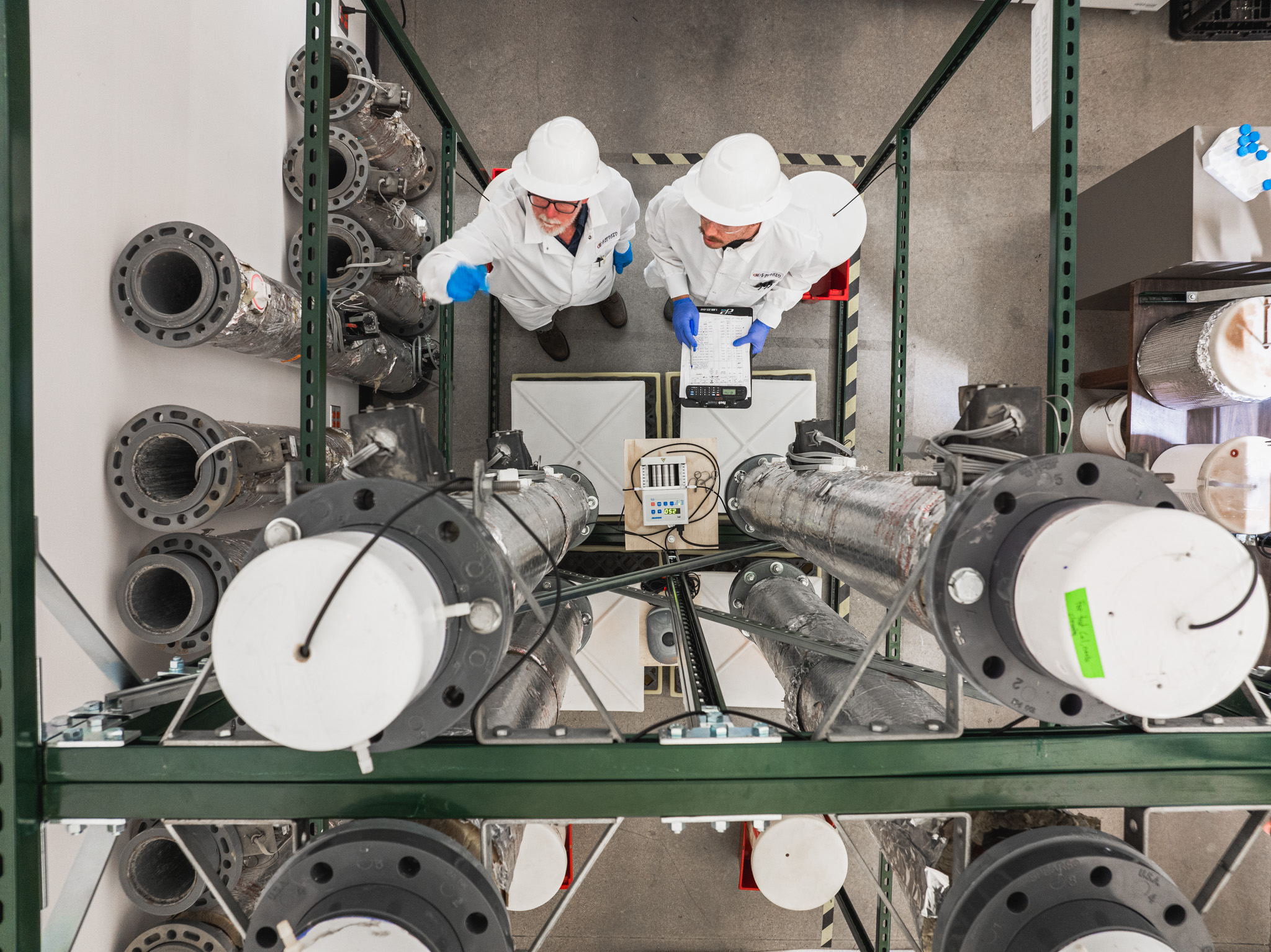Climate Insider Brief:
- Allocation of $800 million over five years for a new home retrofit program targeting low- and middle-income households.
- Nearly $608 million over two years allocated to Transport Canada to incentivize electric and hybrid vehicle adoption.
- Allocation of over $2.5 billion in carbon price proceeds to small- and medium-sized businesses.
The release of Budget 2024 has prompted discussion through out the climate tech space. Rick Smith, President of the Canadian Climate Institute, has lauded the budget’s initiatives as substantive strides towards advancing environmental sustainability while bolstering economic competitiveness. His observation regarding the proposed changes to taxation underscores the government’s intent to address fundamental issues rather than merely tinkering around the edges.
The budget introduces several key initiatives aimed at reducing emissions and fostering clean growth. Notably, it allocates $800 million over five years to launch a new home retrofit program, targeting low- and middle-income households. While this program aims to address emissions from buildings, concerns have been raised about its delayed start date, potentially leaving stakeholders in limbo.
Biofuels also received attention in the budget, with a focus on renewable diesel, sustainable aviation fuel, and renewable natural gas.

Transport Canada will receive nearly $608 million over two years to bolster incentives for Canadians to lease or buy electric and hybrid vehicles, aiming to further reduce emissions from the transportation sector.
A notable aspect of the budget is the proposed adjustments to the capital gains tax, which are projected to impact a small fraction of Canadians with significant capital gains and a fraction of corporations. Expected to generate $19.4 billion over five years, this measure signifies a substantive effort to generate revenue while tackling economic disparities.
Moreover, the budget includes additional funding to renew and modernise energy efficiency programs, aiming to facilitate the development of ambitious building codes. However, NDP Leader Jagmeet Singh criticised the budget for lacking an excess profits tax, indicating ongoing political disagreements over environmental policy.
Additionally, the budget outlines measures to expedite major project approvals, aiming to streamline regulatory processes and facilitate infrastructure development. However, concerns linger regarding the potential environmental implications of accelerated project timelines.
In terms of funding distribution, over $2.5 billion in proceeds from the federal carbon price will be “urgently returned” directly to about 600,000 small- and medium-sized businesses in provinces where the federal carbon fuel levy applies.
Brendan Haley, Policy Director at Efficiency Canada, emphasised the importance of timely implementation, especially given the pressing need to reduce emissions from buildings, which accounted for 13% of Canada’s greenhouse gas emissions in 2021.
Despite these efforts, some advocates argue that the budget falls short of adequately addressing the climate crisis. While investments in home retrofits and electric vehicle supply chains are commendable, they may not fully meet the urgency of the moment.
One contentious issue is the requirement for provinces and territories to work towards a net-zero electricity grid by 2035 to access certain tax credits. This condition has met opposition from provinces like Alberta and Saskatchewan, underscoring challenges in achieving consensus on ambitious climate targets.Overall, Budget 2024 reflects a comprehensive approach to addressing climate change and fostering clean growth. While it represents a significant step forward, ongoing dialogue and collaboration will be essential to refine and implement these measures effectively. As Canada navigates the complexities of environmental stewardship and economic development, pragmatic solutions grounded in evidence-based policy will be crucial to achieve tangible progress towards a sustainable future.
To stay informed about the climate industry explore our latest climate news.








